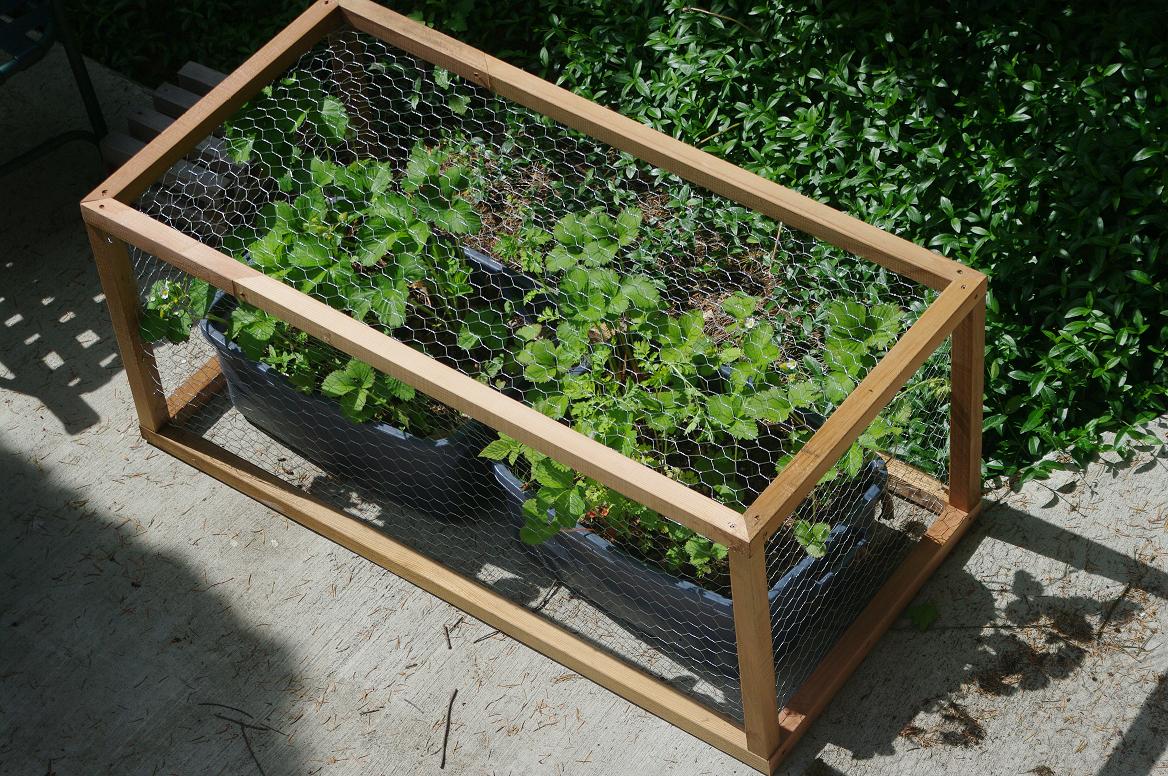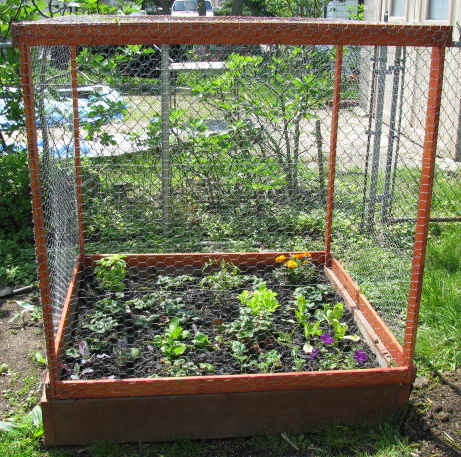Hello,
We are in a transitional period in the gardens. We have left as much as possible in your garden for you to enjoy while the tomatoes, eggplants, peppers, beans and squash are growing, you will have to be patient for the next couple of weeks.
It is important for us to get these summer vegetables in the ground now, as it its the best possible time to plant these vegetables. If we wait too much longer there will not be enough time for your vegetables to mature before the winter comes.
Having a vegetable garden is all about learning to eat in season, and to take advantage of what is at it’s best when it is ready. While the lettuce and spinach in your garden could probably stay in a little longer, as soon as it gets really hot outside these spring vegetables will really start to suffer. To get the most out of your small space we need to plant the summer vegetables right away.
The Swiss chard, roquette (arugula), kale, broccoli, cabbage, onions , peas and some lettuce will stay in the garden for you to enjoy. Last year’s clients will have garlic as well. You should keep harvesting the Swiss chard, roquette and kale by removing the outer leaves as you need them. You can take outer leaves from the cabbage and broccoli as well.
You have two types of onions in your garden. Standard Spanish onions (one stalk sticking up) and multiplier onions (many stalks sticking up). You can cut some greens from each stalk to use as you would chives. The Spanish onion bulbs won’t be ready until at least July, but the multiplier onions (AKA bunching onions, green onions) you can gently dig up, break off a section and re-bury the rest of the clump to keep growing.
Some of you may be having some problems with animals – squirrels and groundhogs especially. There are a couple of potential techniques, but the only thing that will keep a persistent animal out of the garden for sure is to build a removable cage on top of the garden.


It is time to keep an eye out for smaller garden pests. Slugs and snails can be a problem, my favourite way to deal with them is to leave out a half cantaloupe rind upside down in the garden. When the sun comes up, slugs will hind in the rind and you can simply pick it up in the morning and throw it away. This is a slug control must be done regularly to be effective.
Aphids can attack tender young leaves, especially of cherry trees or tomatoes. Just knock them off with a strong jet of water. They will fall to the ground and become easy prey for the beneficial predatory insects in your garden.
Cucumber beetles can be a problem for cucumbers, squash and melons. Cover these seedlings with a floating row cover soon after planting to ensure that they do settle into your garden. Keep them covered until flowers appear at which time you will need to uncover the plants so they can be pollinated.
Cabbage moth caterpillars can cut ragged holes into your broccoli and cabbage. Keep an eye out for light green one inch long caterpillars, pick them off and destroy.
A beautiful rapini recipe for your harvests:
http://www.thekitchn.com/spring-appetizer-recipe-goat-cheese-rapini-toas…
Tereska Gesing